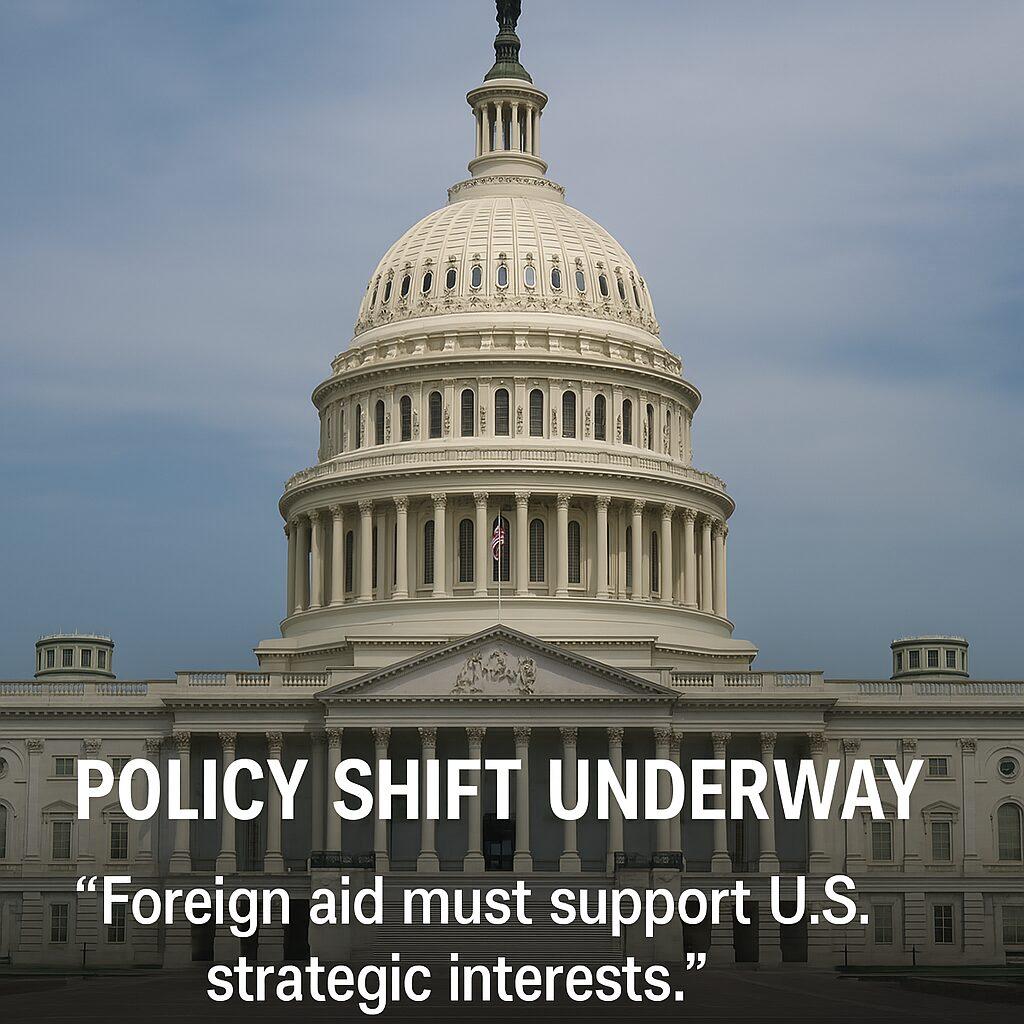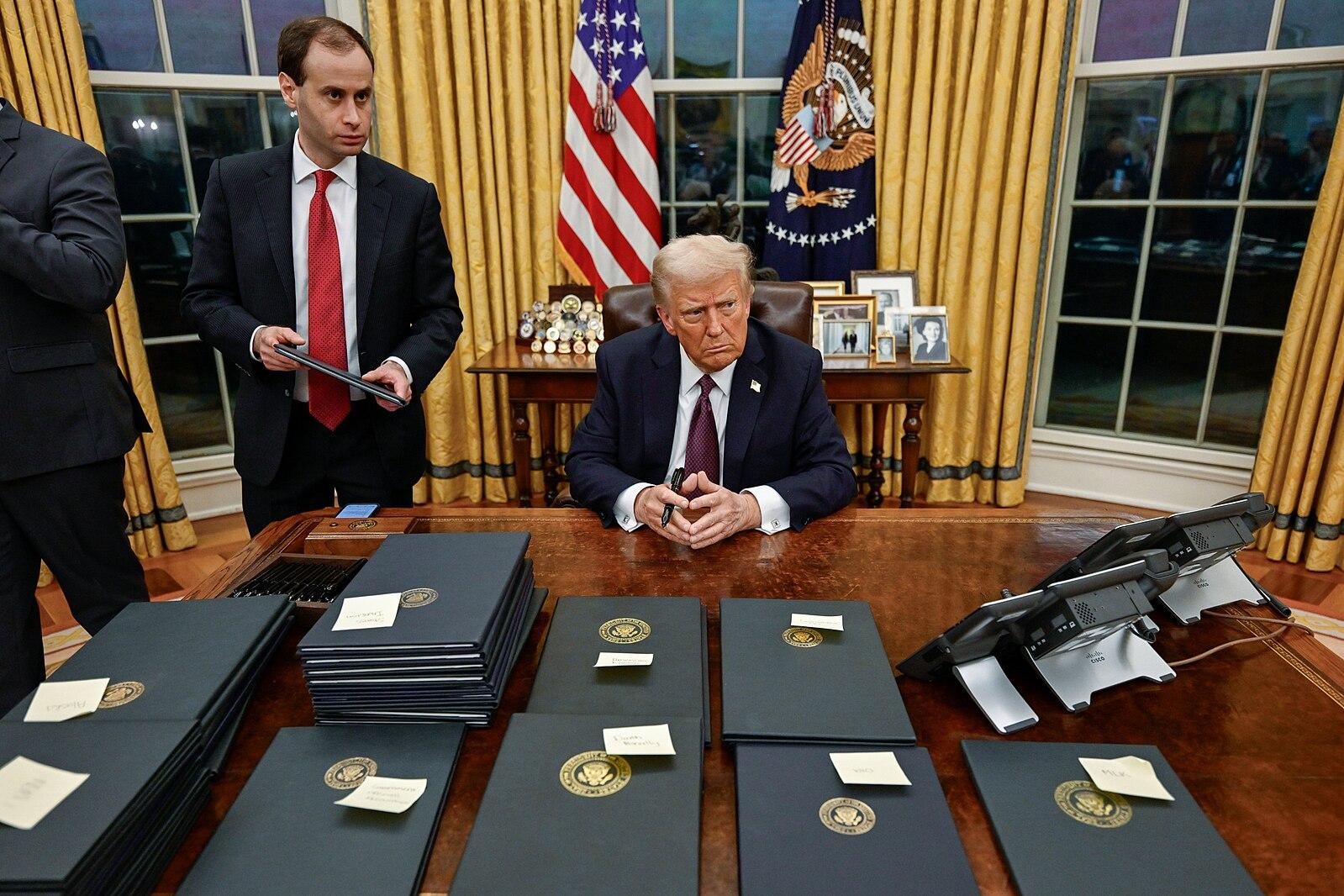President Joe Biden signed an executive order establishing the White House Initiative on Asian Americans, Native Hawaiians, and Pacific Islanders (AANHPI) on Friday, May 28 as AANHPI Heritage Month comes to a close.
The initiative — which is intended to advance equity, justice, and opportunity for the AANHPI communities — will prioritize the response to the uptick in anti-Asian hate during the pandemic, according to a White House memo sent to the Asian Journal.
“The COVID-19 pandemic, and the xenophobic rhetoric used by certain political leaders during this crisis, have led to a tragic spike in acts of anti-Asian bias, violence, and xenophobia,” the White House said in a statement.
It added, “At the same time, the pandemic has disproportionately burdened many AA and NHPI communities, and exposed the significant health inequities faced by many Native Hawaiians and Pacific Islanders in particular.”
The first White House Initiative on AAPIs was established through an executive order by former President Bill Clinton in 1999 and subsequently renewed by former Presidents George W. Bush, Barack Obama and Donald Trump.
The Biden administration’s version will be expanded to include Native Hawaiians, and will be led by Krystal Ka’ai as executive director.
Ka’ai currently serves as the Executive Director of the Congressional Asian Pacific American Caucus (CAPAC), leading legislative, communications, and outreach strategy for a bicameral caucus composed of more than 70 members in both the U.S. House of Representatives and U.S. Senate.
To confront the anti-Asian hate crimes in the country, the White House Initiative on AANHPIs will focus on helping to coordinate a comprehensive federal response to the rise in acts of anti-Asian bias and violence, as well as addressing the systemic lack of disaggregated data on AA and NHPI communities in federal statistical systems.
It will also expand language access and language assistance programs for AA and NHPI individuals across federal programs.
Furthermore, the initiative aims to strengthen economic security and opportunity for AA and NHPI communities by empowering AA and NHPI entrepreneurs, building new workforce training opportunities, and promoting workplaces that are free from harassment against AA and NHPI workers.
It will also address the concentration of poverty experienced in many AA and NHPI communities, as well as the disparities in educational outcomes for AA and NHPI students of all ages.
To prevent further anti-Asian bias and promote inclusion, the initiative will strengthen public awareness and education about AA and NHPI communities, cultures, and traditions.
Additionally, it will ensure that AA and NHPI communities are empowered and equitably served by federal funding, grants, and contracts.
“To ensure that the Federal government is mitigating COVID-19 related anti-Asian bias, advancing health equity for all AA and NHPI communities, and ensuring AA and NHPI communities can equitably recover from these crises, the Initiative will be led out of the Department of Health and Human Services,” the White House said.
The executive order establishes a renewed Presidential Advisory Commission on AANHPIs, which will advise the president on ways the public, private and non-profit sectors can work together to advance equity and opportunity for the communities.
The commission is also tasked to advise the President on federal grantmaking and policies to address anti-Asian xenophobia and violence, as well as the intersectional barriers that AA and NHPI women, LGBTQ+ people, and people with disabilities face.
“These announcements build on the Biden-Harris Administration’s historic actions to combat bias, violence, and xenophobia against AA and NHPI communities,” said the White House.
Last week on Thursday, May 20, Biden signed the COVID-19 Hate Crimes Act into law, which would create a position within the Department of Justice to expedite the review of hate crimes.
During his first week in office, the president signed an executive order, which included directives to remove language in federal actions or documents that would contribute to xenophobia and racism against the AAPI population and for the DOJ to expand its collection of data and public reporting regarding hate incidents against community members.





